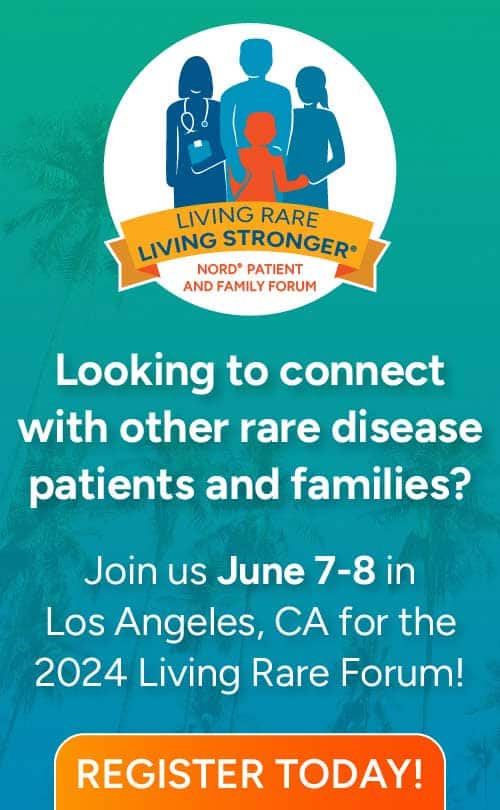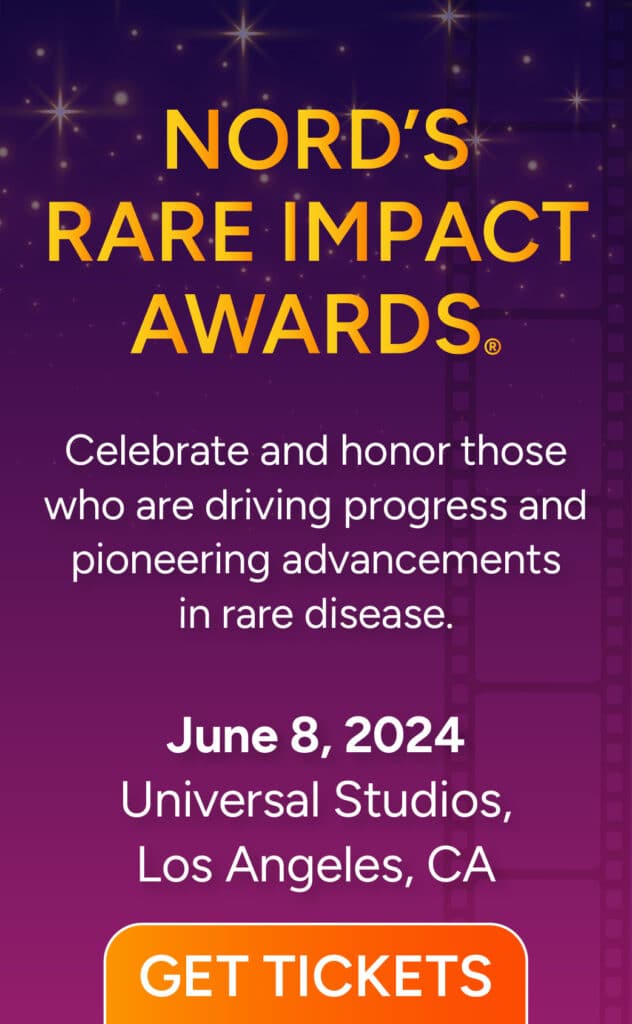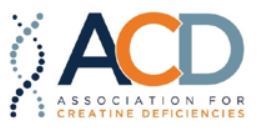 Carlsbad, CA (March 15, 2021)— The Association for Creatine Deficiencies (ACD) and the National Organization for Rare Disorders (NORD) launched the largest-ever study to research Cerebral Creatine Deficiency Syndromes (CCDS). The CCDS rare diseases, a group of inborn errors of creatine metabolism, may cause intellectual delays, expressive speech and language delay, autistic-like behavior, hyperactivity, seizures, projectile vomiting in infancy, failure to thrive, and movement disorders. These disorders, Creatine Transporter Deficiency (CTD), Guanidinoacetate Methyltransferase Deficiency (GAMT), and L-Arginine: Glycine Amidinotransferase (AGAT), currently have no cure.
Carlsbad, CA (March 15, 2021)— The Association for Creatine Deficiencies (ACD) and the National Organization for Rare Disorders (NORD) launched the largest-ever study to research Cerebral Creatine Deficiency Syndromes (CCDS). The CCDS rare diseases, a group of inborn errors of creatine metabolism, may cause intellectual delays, expressive speech and language delay, autistic-like behavior, hyperactivity, seizures, projectile vomiting in infancy, failure to thrive, and movement disorders. These disorders, Creatine Transporter Deficiency (CTD), Guanidinoacetate Methyltransferase Deficiency (GAMT), and L-Arginine: Glycine Amidinotransferase (AGAT), currently have no cure.
The new study, the CreatineInfo Registry and Natural History Study, creates a platform for patients around the world to share information about CCDS. Its purpose is to build an international resource to be used by scientists in future research.
ACD is launching the study in collaboration with the National Organization for Rare Disorders (NORD), an independent charity that built its natural history study platform as part of its mission to help identify and treat all 7,000 rare diseases. ACD is a member of NORD and the organizations work together to eliminate the challenges that rare disease patients face.
“Patient-powered registries are changing the landscape of rare disease research,” said Vanessa Boulanger, NORD’s Director of Research Programs. “By building strong partnerships within the community and with leading scientific experts, NORD’s Registry Program is well-positioned to address knowledge gaps and accelerate the development of discoveries that save lives. We are so pleased to welcome the Association for Creatine Deficiencies, as a partner in our IAMRAR™ Registry Community!”
”CCDS are rare diseases. A researcher working in their lab needs an understanding of the disease they are fighting against. This can only happen with a community of patients and caregivers willing to unite in a shared voice to say, ‘This is CCDS. This is what we face. And this is what a victory looks like to us,’” said ACD President Heidi Wallis. “With this understanding, researchers are informed and focused, and there is hope for potential treatments and cures to address the real pain points that CCDS families face daily.”
To help drive awareness and participation, ACD will make this registry opportunity known to its international community of families through direct contact and social media promotion.
“Our goal is to enroll as many patients, or their parents or legal guardians, as possible,” said Wallis. “Without research on creatine deficiencies, treatments and cures are not possible. As a patient advocacy group, this information is our most valuable resource and it is our job to inform CCDS patients to register. This is the way that we can take control of these diseases, provide hope, and help change the future of CCDS.”
The CreatineInfo Registry and Natural History Study consist of electronic surveys to collect information about patient experience and disease progression. Patients, or their caregivers or guardians, can enter information from anywhere in the world. The data is made anonymous and stored securely in an online portal called a registry. ACD may share the de-identified data with individuals or institutions conducting research or clinical trials, as approved by the ACD Oversight Board. For more information about the registry, visit creatineinfo.iamrare.org.
About ACD: The Association for Creatine Deficiencies’ mission is to eliminate the challenges of CCDS. ACD is committed to providing patient, family, and public education to advocate for early intervention through newborn screening, and to promote and fund medical research for treatments and cures for Cerebral Creatine Deficiency Syndromes. Because CCDS mimic symptoms of other medical conditions, patients are often first diagnosed with autism, cerebral palsy, epilepsy, and other disorders. Proper diagnosis and early intervention are critical to establishing screening and treatments needed to improve life quality and longevity for the CCDS patient. For more information regarding ACD, please visit https://www.creatineinfo.org.




